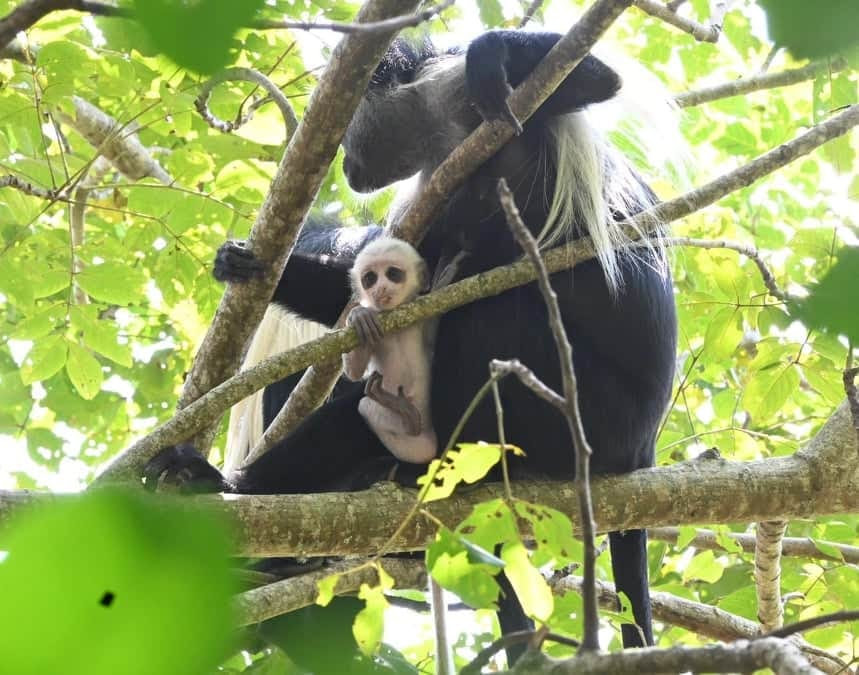(Posted 24th April 2022)
| THE FOREST IS ASKING FOR YOUR HELP |
 |
| Dear ATCNews readers and friends, Did you know that in the world there are approximately 3.04 trillion trees and that this amount is almost the half there was at the start of human civilization? Were you aware that the forest area in Kenya dropped from 10 % to 6.1 % (3.467.000 ha) in the 19th and 20th centuries as a consequence of development? In the last few years this percentage has increased up to 6.3 %, far under the acceptable forest cover per country (at least 10 %). Of all this, 18.9 % (654.000) is classified as primary forest, the most biodiverse and carbon-dense form of forest. In Kenya there are only 67 trees per capita, which is around a seventh part of the world average (422 trees) and one of the lowest among Sub-Saharan African countries.  Trees are essential for life: they provide oxygen and store carbon dioxide, improving the air quality and allowing us to breathe; they also help to ameliorate the climate, conserve water, preserve the soil and support wildlife. It is estimated that around 2.3 million of different species live in trees, including insects, microbes and algae, apart from reptiles, birds and mammals like monkeys. We need forests to preserve the natural biodiversity. In Colobus Conservation we work with communities to conserve and regenerate indigenous forest, protecting the remnant patches in south eastern Kenya for their unique endemism as well as for the colobus monkeys to be able to live in freedom.  To help address the huge amount of deforestation in the area, Colobus Conservation organises workshops in partnership with local schools and businesses to plant a minimum of 500 indigenous trees per session in selected fragmented patches within Diani. You can have a direct impact on the reforestation of the Diani habitat by sponsoring the planting of an indigenous tree: DONATE NOW Your support is essential for us. By donating now, which is a perfect time as the rainy season has recently started, you will help to preserve the environment and the wildlife of the area. As you can see, planting a tree can save many lives. Conservation is the key to a better future. Please consider sharing our campaign within your networks and inspire them to cooperate too. Thank you for your commitment to our work. Nancy Mungania General Manager |
0






